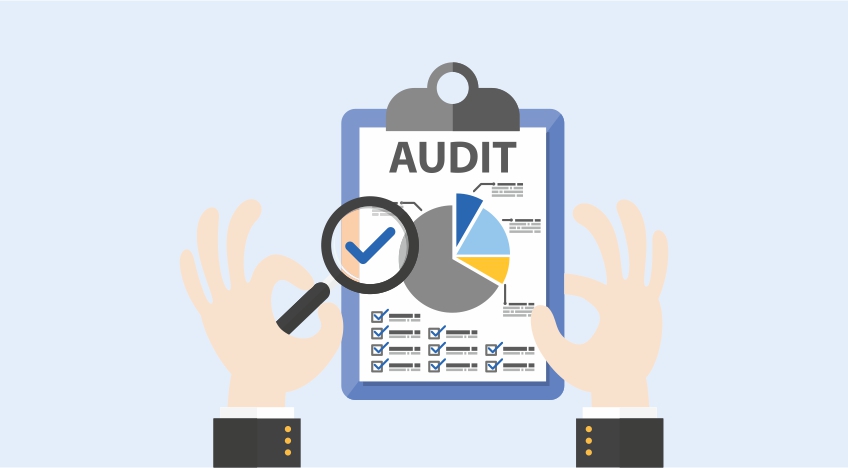Unlocking Financial Success: The Power of an Auditor
In today's ever-evolving financial landscape, one key player stands out as a beacon of trust and stability: the auditor. Their role in examining and verifying financial records is instrumental in ensuring transparency and integrity in the world of finance. Whether you are an individual seeking to improve your personal finances or a business owner aiming to strengthen your financial health, engaging the services of an auditor can be a transformative step towards unlocking true financial success.
An auditor's expertise goes beyond just crunching numbers; they bring a critical eye and deep insights into your financial standing, helping you unearth opportunities for improvement and mitigate risks. By having an auditor carefully review your financial statements, you gain a clearer understanding of your financial position, enabling you to make informed decisions and chart a path towards greater financial security. In this article, we will delve into the valuable role auditors play in enhancing financial prosperity and explore how their guidance can pave the way for a more prosperous future.
The Role of an Auditor
Auditors play a crucial role in helping individuals and businesses safeguard their financial integrity. They are trained professionals tasked with examining and verifying financial records to ensure accuracy and compliance with laws and regulations. By conducting thorough audits, auditors provide valuable insights that can help identify potential risks and improve financial reporting practices.
One of the key responsibilities of an auditor is to detect any errors or inconsistencies in financial statements. Through meticulous analysis and scrutiny, auditors are able to pinpoint discrepancies that could be causing financial losses or hindering growth opportunities. By shining a light on these issues, auditors help stakeholders make informed decisions and take necessary corrective actions to enhance financial performance.
Moreover, auditors serve as independent third-party assessors, bringing an objective perspective to financial matters. This impartiality is essential in promoting transparency and ensuring that financial information is reliable and trustworthy. By upholding auditor nz and professional integrity, auditors help instill confidence in the financial statements and overall financial health of an individual or organization.
Benefits of Hiring an Auditor
Auditors bring an objective perspective to your financial processes, helping to identify areas of inefficiency and potential cost savings. By conducting thorough reviews and analyses, they can pinpoint areas where financial controls are weak or opportunities for improvement exist.
Moreover, auditors provide a sense of assurance to stakeholders, such as investors, lenders, and management, that the financial information presented is reliable and accurate. This can enhance trust and confidence in the organization's financial statements and operations.
Additionally, hiring an auditor can lead to enhanced risk management capabilities. Auditors can identify and assess risks within the financial processes, offering recommendations on mitigating those risks and improving overall financial stability.
Qualities of a Good Auditor
First and foremost, a good auditor must possess exceptional attention to detail. Every number, every document, and every financial statement must be meticulously reviewed and examined for accuracy. This keen eye for detail is crucial in identifying inconsistencies and potential discrepancies that could impact the financial health of a business.
Another important quality of a proficient auditor is strong analytical skills. Being able to interpret complex financial data, identify trends, and draw meaningful conclusions is essential to provide valuable insights to clients. This analytical prowess allows auditors to not only understand the numbers but also to decipher the underlying story they tell about a company's financial performance.

Lastly, effective communication skills are vital for a good auditor. Whether it's conveying findings to clients, collaborating with team members, or explaining technical concepts in a clear and understandable manner, the ability to communicate effectively is key. Auditors must be able to articulate their thoughts, ask insightful questions, and build strong relationships with clients and colleagues to ensure the audit process runs smoothly.